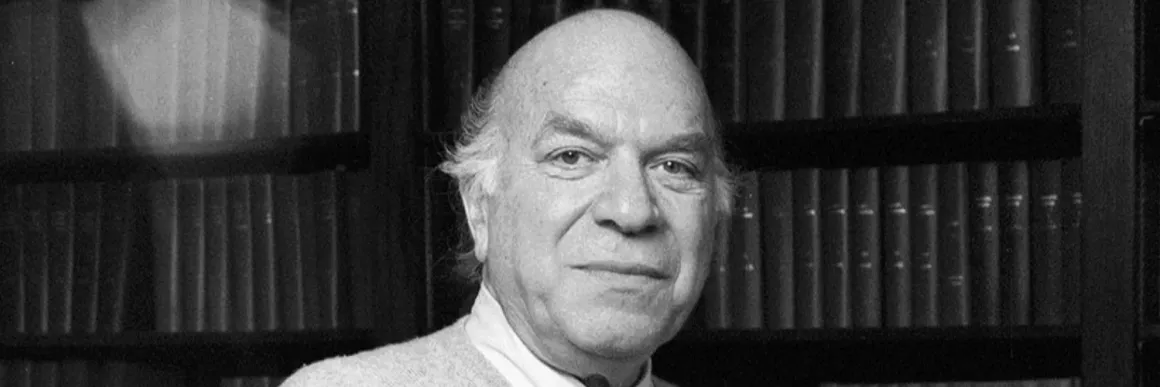At a climactic point in Part Four of The Claim of Reason (1979), the American philosopher Stanley Cavell arrives at the striking conclusion that “romanticism opens with the discovery of the problem of other minds, or with the discovery that the other is a problem, an opening of philosophy.” Cavell’s account of how Romanticism opens is not historical in orientation, but rather offers a rich conceptual, aesthetic, and ethical site of concern that both interrupts and generates his life’s work— thus presenting an opening for scholars and students of the Romantic Period to think the subject of Romanticism anew in studying (with) Cavell. The essays in this volume seek to provide the fullest account to date of Cavell’s prompting by Romanticism in light of his powerful record of engagement with British and European Romantic texts: a body of literature on which Cavell has performed several bravura readings. Cavell’s writings and distinctive philosophical approach have garnered an increasing amount of sustained attention over the past several years, particularly since the publication of Philosophy the Day after Tomorrow (2005) and Little Did I Know (2010). Yet beyond his major American subjects of Thoreau and Emerson, there is still little published scholarship that engages Cavell’s thought at extended, close range with Romanticism as the moment that matters so much him: the “perfectionist” opening that comes after religion, but before philosophy. The present collection—with essays (in suggested reading order) by Emily Sun, Paul Fry, Eric Lindstrom, Eric Walker, and Anne-Lise François, and a substantial Afterword by Joshua Wilner—hinges between the efforts to record Cavell’s engagement with British Romantic texts and to stage new interventions.
Abstract
For Romanticists, the many interests of Stanley Cavell’s work include not only the pervasive concern with skepticism across all his books, but topics as divergent as understanding and incomprehensibility, acknowledgment, denial, withholding and secrecy, responsibility, forgiveness, gender, melodrama, horror, monstrousness, therapy, cinematic ontology, religion, secularity, and spectatorship. Two points of emphasis are maintained across his books.
Abstract
Stanley Cavell famously defines the work of Romanticism in In Quest of the Ordinary as “the task of bringing the world back, as to life.” This essay examines how Cavell turns to Shakespeare’s The Winter’s Tale as a text that anticipates Romanticism’s preoccupation with reanimation; in his analysis of the play’s language of economy and computation, Cavell parses “life” as a process of division and branching that is denied or overlooked by skepticism.
Abstract
Shelley and Cavell share the view that the imagination, visionary or otherwise, arises from a necessary basis in skepticism. What Shelley calls “Error and Truth” are historical; they are shaped by change and time. Only poetry, perpetually reconstituting veridical propositions as metaphor, can prevent the arteries of knowledge from hardening. Skepticism enables hope: our uncertainty about what life is (it is figured as death in Adonais) makes it possible to wonder whether death may not really be life.
Abstract
This essay discusses the implications of Cavell’s performative act to “confess” a Romantic attitude toward the claims of experience. “To be interested [. . .] in the costs of knowing to the knowing creature, I suppose one will have to take an interest in certain preoccupations of romanticism,” Cavell admits near the end of the second part of The Claim of Reason (242).
Abstract
Taking its departure from Stanley Goldstein’s adoption of himself as Stan Cavell, this essay argues that marriage and adoption are twinned locations where normative patterns of pairing and kinship are first unstitched and then rewoven in the necessarily elusive forms of Cavellian perfectionism. After a review of Cavell’s own belated engagements with Austen’s fiction, the essay offers, first, a reading of a central Cavellian trope, remarriage, in a novel he ignores, Persuasion; and, second, a reading of Emma as a novel preoccupied with adoption.
Passing Judgment, Conceding Perfection: Third-Person Narration and Versions of the Cavellian Secular
Anne-Lise FrançoisAbstract
This essay reviews the tensions between the hard work that the Cavellian figure of “acknowledgment” is supposed to perform in guaranteeing recognition between secular individuals, and the movements of “decline,” “lapse,” and “concession” by which acknowledgment happens. Cavell’s comments on perlocutionary utterances as acts whose happening cannot be definitively concluded, similarly leave open the question of what is to count as a “final word” between people.
Abstract
Starting out from a consideration of the more or less contemporaneous emergence of Cavell's work and deconstruction, this afterword responds to the other contributions to the collection.
About
Stanley Cavell and the Event of Romanticism © 2014 by Eric Lindstrom is licensed under CC BY-NC-ND 4.0

